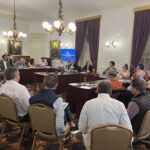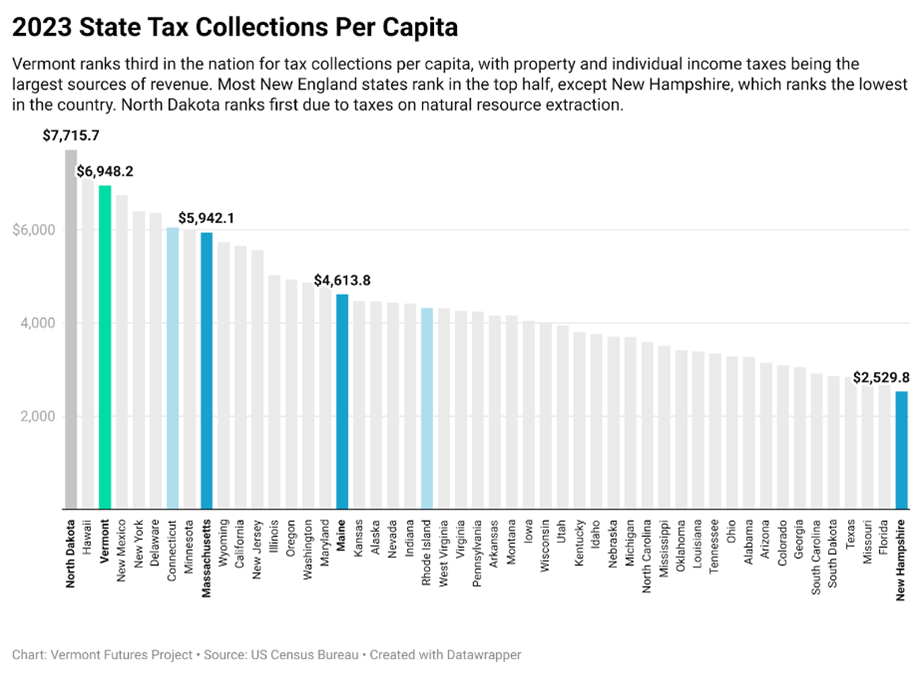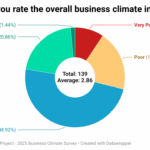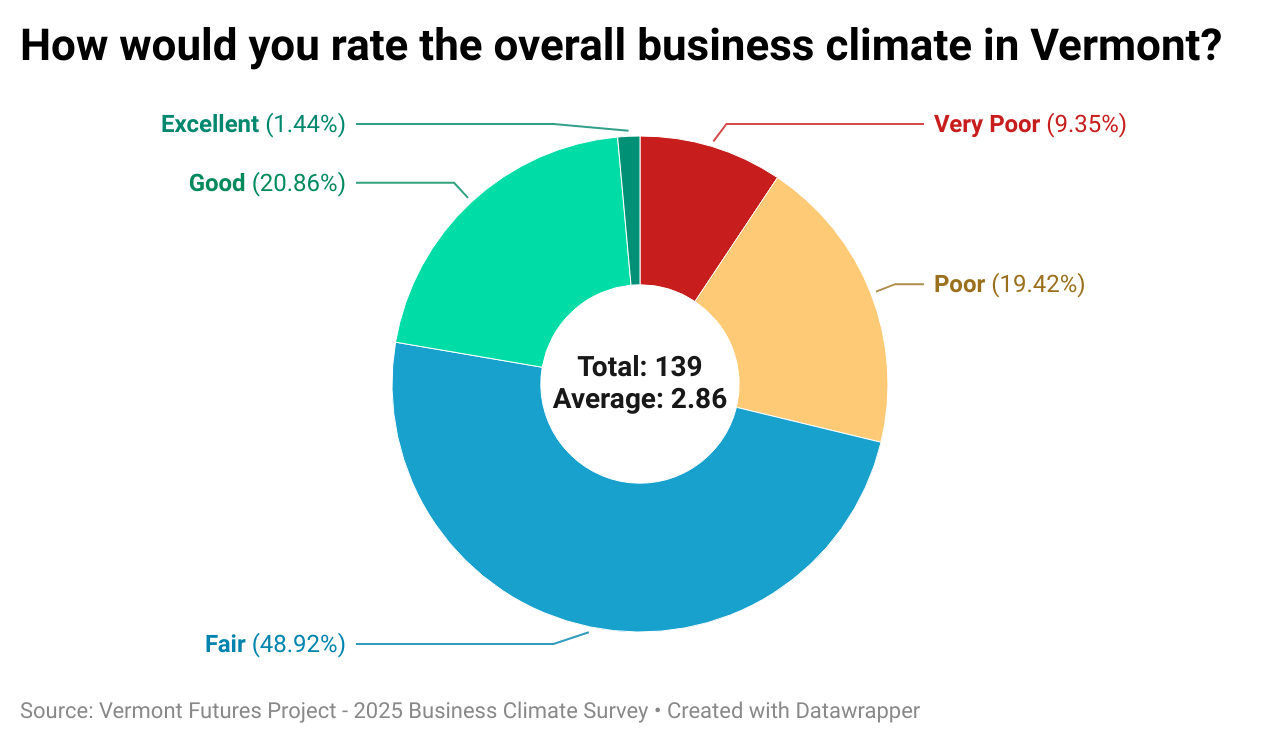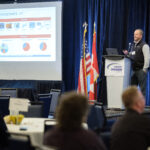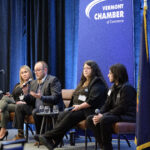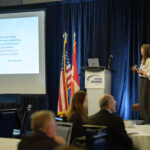Vermont Chamber of Commerce and NBT Bank Partner to Launch New Economic Insights Webinar
The Vermont Chamber of Commerce has announced a new programmatic partnership with NBT Bank, aimed at providing businesses across the state with the valuable, data-driven economic insights needed to succeed in today’s dynamic marketplace.
The new Economic Insights webinar series will launch on January 14 at 1 PM and will feature insights and analysis from Kenneth J. Entenmann, CFA®, Chief Investment Officer & Economist at NBT Wealth Management. Ken has more than 33 years of investment experience. Prior to joining NBT Bank, he served as Director of Investment Management at Alliance Bank. In his current role, he oversees more than $6 billion in assets under management and administration in trust, custody, retirement, institutional, and individual accounts.
Entenmann graduated from Cornell University with a bachelor’s degree in Applied Economics and Business Management. He also earned an MBA from the William E. Simon Graduate School of Business Administration at the University of Rochester and holds the Chartered Financial Analyst (CFA) designation.
During the webinar, Ken will explore national and Vermont-specific economic trends, offering clear, actionable guidance for businesses throughout the state. In each webinar, Ken will examine the current economic landscape, highlight emerging trends, and discuss their potential impact on Vermont’s business community. Whether you’re seeking to understand the broader economic forces at play or looking for specific guidance on navigating the Vermont market, these sessions will deliver actionable insights to keep you informed and ahead of the curve. Powered by NBT Bank, this series is designed to help Vermont businesses stay resilient and responsive in a shifting economy.
“We’re thrilled to partner with NBT Bank to deliver this valuable resource to our members and the broader Vermont business community,” said Amy Spear, President of the Vermont Chamber of Commerce. “As Vermont businesses navigate economic challenges and opportunities, having access to real-time expert guidance and data-driven insights empowers Vermont businesses with knowledge and tools for long-term success.”
For more information, series dates, and to register, please visit vtchamber.com/economic-insights.
RECENT HOUSING NEWS


